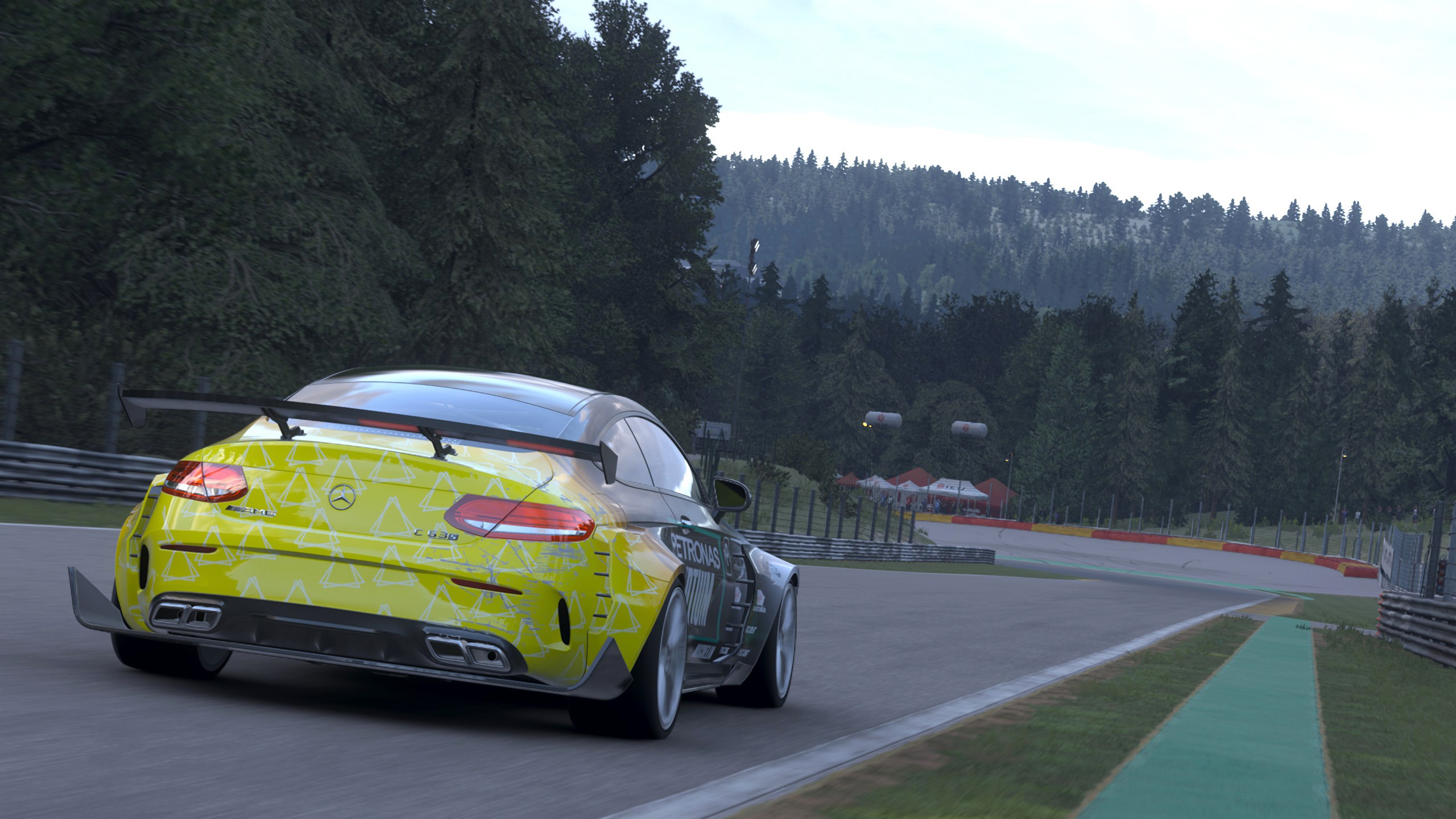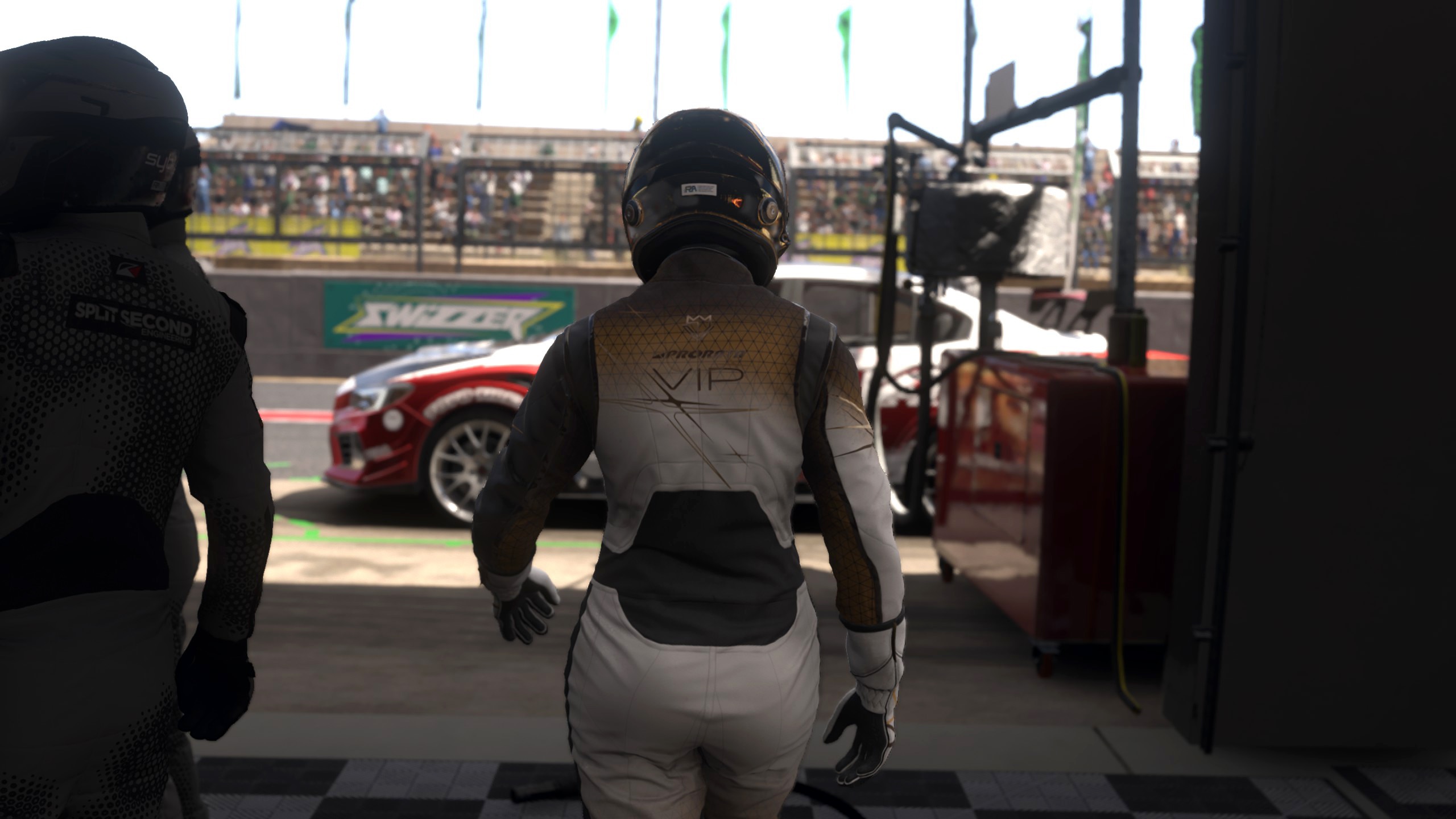Forza Motorsport was supposed to be a follow-up to Starfield this October. Its launch, highly anticipated, represented a possibly stingy second half of the 1-2 jab combination thrown by Xbox Game Studios against its main competitor, Sony, which has been notably absent this holiday season.
But, while a successful release could've allowed the Xbox to gap its rival before Marvel's Spider-Man 2 and the PlayStation 5 Slim comes out on October 20 and at a still-undefined date in November, respectively, this didn't happen.
Historically, Forza Motorsport was renowned for its stunning visuals and realistic car handling, traits that attracted fans - a complete opposite to the arcade-like, free-spirited and open-world racing of Forza Horizon. While critics gave it a collective score of 84 on Metacritic, reflective of its captivating simulation racing elements, Steam users held a mirror to some significant shortcomings.
No more than days into its release on Steam, Forza Motorsport saw its user reviews plummet. Of approximately 1,399 reviews shortly post-launch at the time of writing, a concerning 791 tilted to the negative side. This was perplexing, to say the least, particularly since Forza Horizon 5, its predecessor, was hailed by thousands on the same platform.


